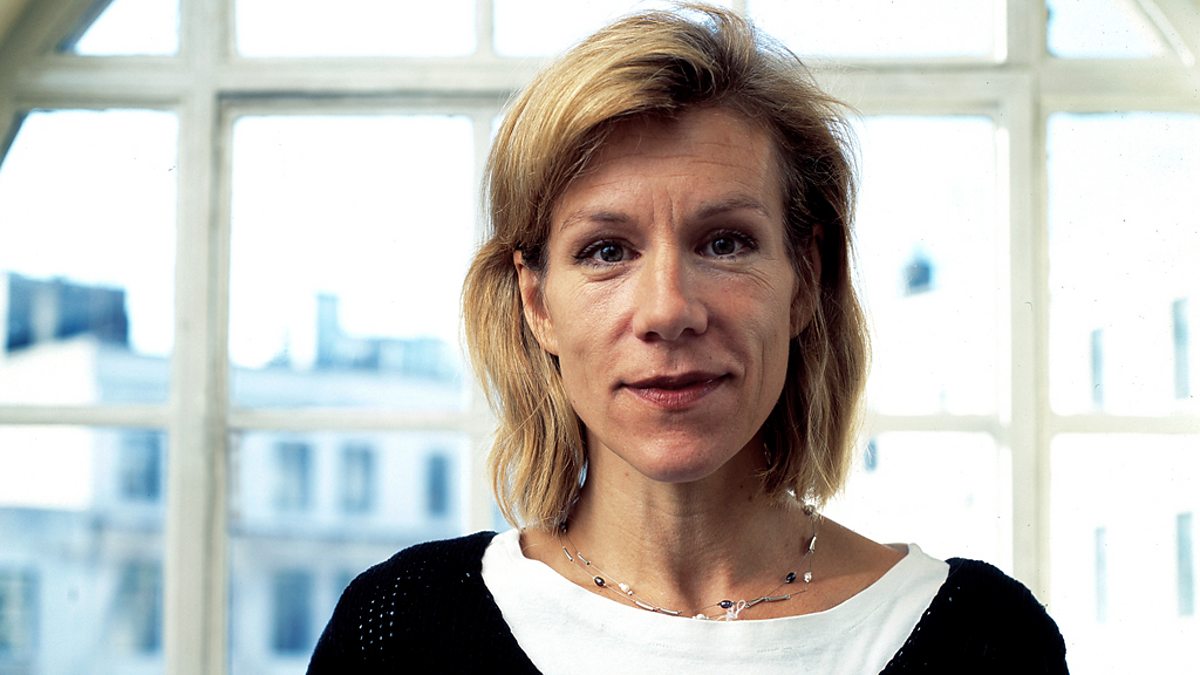I've snaffled this quote from A Night at the Opera (so as not to be OT over there!):
Tomorrow's Drama on 3 is actually the type of play I'm not personally keen on - the imaginary incident using historical characters but ...
One Winter's Afternoon by Guy Meredith: Sunday 19 May 2013
With Kenneth Cranham and Paul Rhys as Wagner and Verdi
As part of BBC Radio 3's Wagner 200, One Winter's Afternoon tells the story of the great operatic rivalry between Giuseppe Verdi and Richard Wagner in the year marking the bicentenary of their births. In real life, the two great composers never met.
Taking as its starting point the death of Wagner, the play travels between two time frames as it explores key moments in their lives, and in imaginary conversations between them about the struggles of creativity.
After the triumphant reception of his masterpiece Aida, Verdi has been coaxed out of retirement to write one more work, Otello, but he is struggling with it. As a voice inside Verdi's head, Wagner continues to taunt him, making him fear that Wagner will be remembered as the greater composer. The complex love lives of both composers illustrate how Wagner's ebullient and insensitive nature contrasted with Verdi's angst and more introverted temperament. The recollection of jealous passion does in the end serve to unblock Verdi in his creative despair.
The play explores - not without comedy - ageing and creativity, artistic loves and differences, the approach of death and the struggle against it bringing alive the texture of 19th-century Europe, its cultural and political influences.
Originally posted by verismissimo
View Post
One Winter's Afternoon by Guy Meredith: Sunday 19 May 2013
With Kenneth Cranham and Paul Rhys as Wagner and Verdi
As part of BBC Radio 3's Wagner 200, One Winter's Afternoon tells the story of the great operatic rivalry between Giuseppe Verdi and Richard Wagner in the year marking the bicentenary of their births. In real life, the two great composers never met.
Taking as its starting point the death of Wagner, the play travels between two time frames as it explores key moments in their lives, and in imaginary conversations between them about the struggles of creativity.
After the triumphant reception of his masterpiece Aida, Verdi has been coaxed out of retirement to write one more work, Otello, but he is struggling with it. As a voice inside Verdi's head, Wagner continues to taunt him, making him fear that Wagner will be remembered as the greater composer. The complex love lives of both composers illustrate how Wagner's ebullient and insensitive nature contrasted with Verdi's angst and more introverted temperament. The recollection of jealous passion does in the end serve to unblock Verdi in his creative despair.
The play explores - not without comedy - ageing and creativity, artistic loves and differences, the approach of death and the struggle against it bringing alive the texture of 19th-century Europe, its cultural and political influences.



 (When you said, I gave it a go, I thought you meant you tried your hand at a novel...)
(When you said, I gave it a go, I thought you meant you tried your hand at a novel...)
Comment